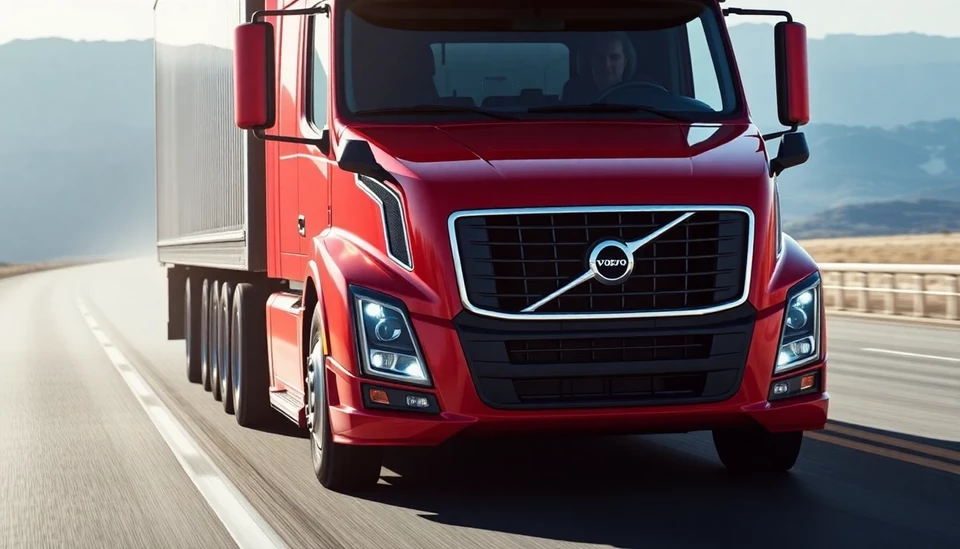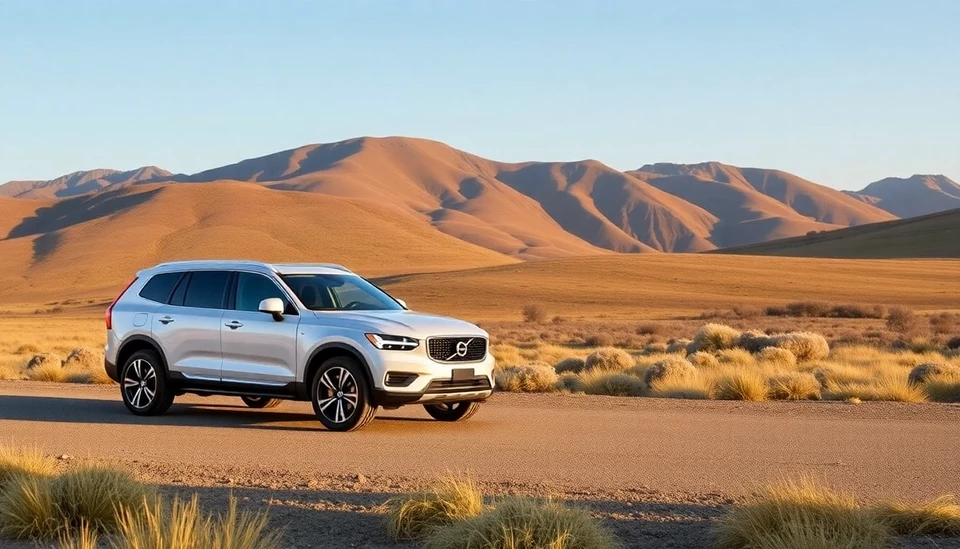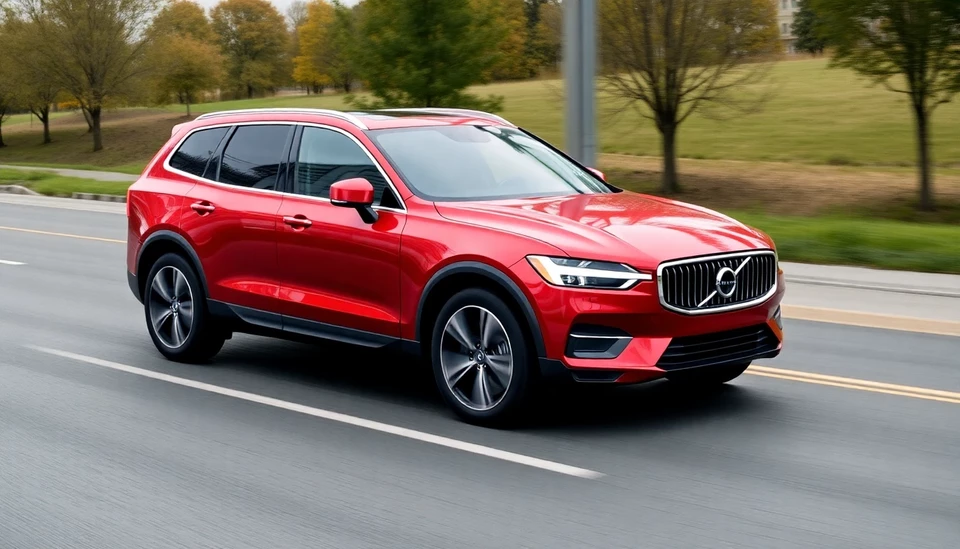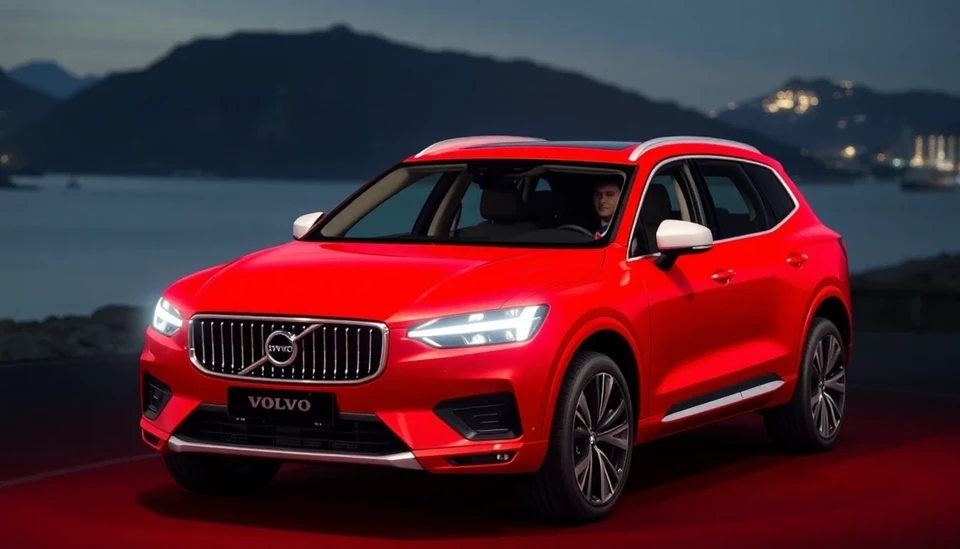
Volvo Group, the renowned Swedish automotive manufacturer, has reported a decline in truck sales, primarily influenced by a complex web of tariff-related challenges affecting the global supply chain. In the first quarter of 2025, there was a noticeable drop in demand particularly for heavy-duty trucks, a segment that has traditionally driven the company's robust sales growth.
The reduction in truck sales can be significantly attributed to ongoing trade tensions and varying tariffs imposed in key markets. The continuous fluctuation of tariffs has created an unpredictable environment for manufacturers, making it difficult for Volvo to set stable pricing and maintain production efficiency.
In the United States, where Volvo operates a substantial truck manufacturing business, the impact of tariffs on steel and aluminum has been particularly pronounced. These increased raw material costs have led to higher prices for consumers, consequently dampening demand amid a competitive landscape. Additionally, concerns over an economic slowdown have made potential buyers hesitant to commit to new purchases, further exacerbating the drop in sales.
Volvo's officials have highlighted that while the first quarter of 2025 has brought significant challenges, they are optimistic about eventual recovery once the uncertainty surrounding tariffs is resolved. The company is actively pursuing various strategic initiatives, including investing in innovative technologies and expanding its electric truck offerings, to bolster its competitive position in the market.
However, the outlook remains clouded with uncertainty as global economic conditions and trade policies continue to evolve. Economists predict that unless a resolution is achieved regarding tariffs and trade disputes, the negative impact on truck sales could persist into the next quarter, affecting overall profitability and market share.
Market analysts are keeping a close eye on Volvo's response to these challenges. The company's ability to navigate this complex landscape while maintaining stakeholder confidence will be crucial for its future sales and market presence. As Volvo looks ahead, its strategy will involve not only overcoming immediate hurdles but also adapting to longer-term shifts in consumer preferences, especially towards sustainability and environmental considerations.
Moreover, Volvo is not alone in facing these challenges; other global automakers are similarly grappling with the fallout from tariffs and supply chain disruptions. This shared adversity may lead to new collaborations and partnerships within the industry as companies look for ways to mitigate risks together.
As the situation develops, stakeholders and industry observers are urged to remain informed about upcoming policy changes that could impact tariffs and trade regulations. The resilience and adaptability of Volvo will be key determinants in how effectively the company can navigate through this turbulent period.
In summary, while Volvo Group is facing substantial hurdles due to declining truck sales linked to tariff uncertainties, the company's strategic focus on innovation and market adaptability may pave the way for recovery in the near future, depending on how trade relations evolve globally.
#Volvo #TruckSales #Tariffs #Manufacturing #EconomicOutlook #SupplyChain #TradeTensions #AutomotiveIndustry
Author: John Harris




